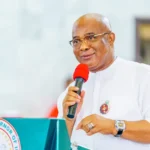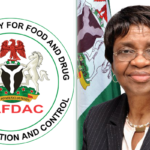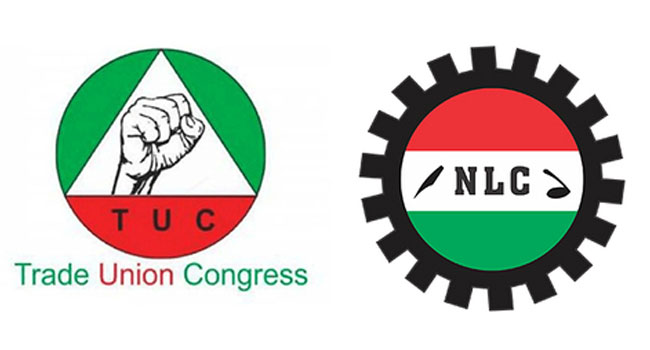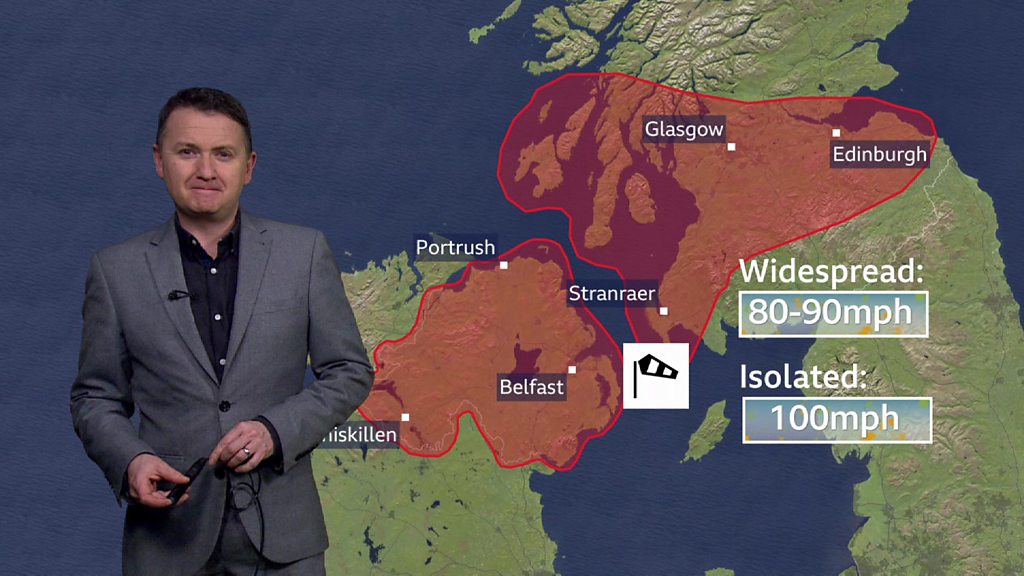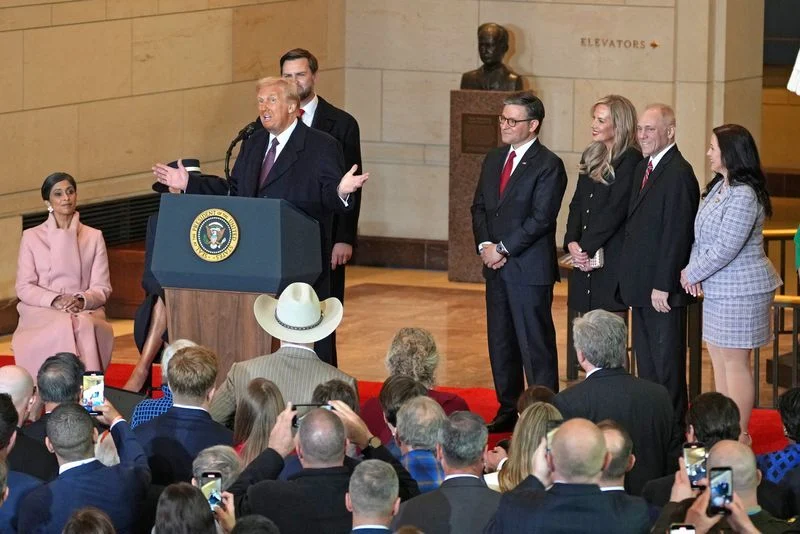The Nigeria Labour Congress (NLC) and the Trade Union Congress (TUC) yesterday declared an indefinite strike effective Monday, June 2 after the latest negotiation with the federal government on the new minimum wage and the recent hike of electricity tariff ended in a deadlock.
Organised labour rejected the N60,000 which government and the private sector said was the best they could offer under the circumstance.
The amount was the same tabled during the resumed negotiation on Tuesday.
Joe Ajaero and Festus Osifo, Presidents of NLC and TUC respectively, told reporters that the strike would commence at midnight of June 2, 2024.
They asked affiliates and state councils, civil society organisations, market men and women and the general populace to prepare for a decisive action.
Osifo said government and organised private sector (OPS) maintained the N60,000 they presented at Tuesday’s meeting.
In a joint address, the NLC and TUC expressed “grave concern and disappointment over the federal government failure to conclude and pass into law a new National Minimum Wage Act and reverse the vexatious hike in electricity tariff to N65/kwh.”
On the decision of organised labour to walk out on the negotiation and declare indefinite strike, the NECA DG said: “While it is within the right of organised labour to embark on any action it deems fit and necessary to achieve its objectives, organised businesses will also, within extant legislation, do all that is necessary to protect enterprise sustainability and protect jobs.”
He said organised businesses themselves were facing a myriad of challenges such as multiple taxes, levies and fees, astronomical power costs and rising interest rates and exchange rates and pointed out that the offer of N60,000, a 100 per cent increase in the National Minimum Wage, was a sacrifice on the part of the Organised Private
On the decision of organised labour to walk out on the negotiation and declare indefinite strike, the NECA DG said:
“While it is within the right of organised labour to embark on any action it deems fit and necessary to achieve its objectives, organised businesses will also, within extant legislation, do all that is necessary to protect enterprise sustainability and protect jobs.”
He said organised businesses themselves were facing a myriad of challenges such as multiple taxes, levies and fees, astronomical power costs and rising interest rates and exchange rates and pointed out that the offer of N60,000, a 100 per cent increase in the National Minimum Wage, was a sacrifice on the part of the Organised Private sector.
He warned that the demand by organised labour at this period could cripple small and medium enterprises and render many other businesses comatose.
He added: “It is important to strike a balance between workers’ needs, the current economic situation, ability to pay and productivity. At N30,000 per month, many state governments and local government areas are unable to pay.























